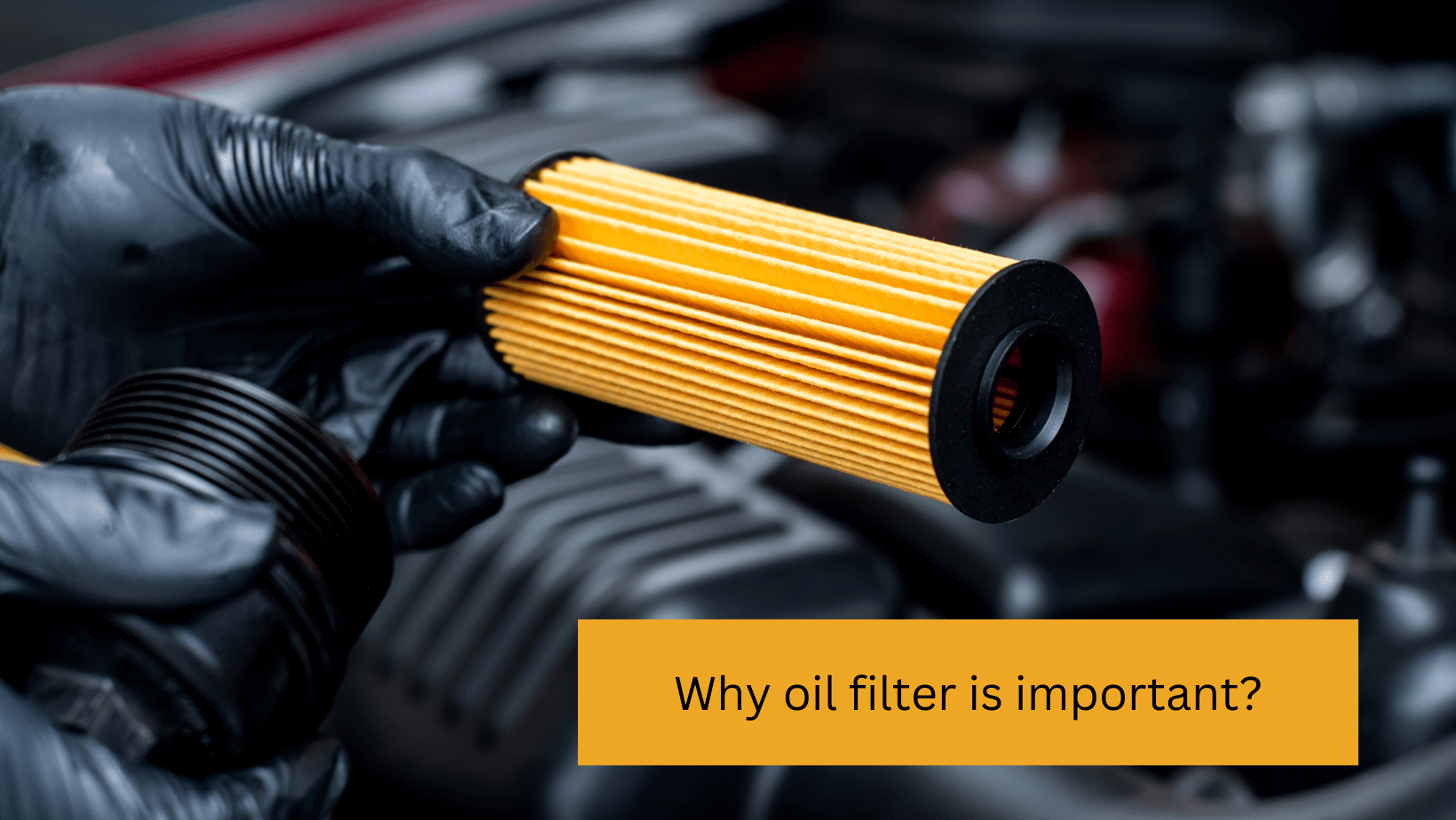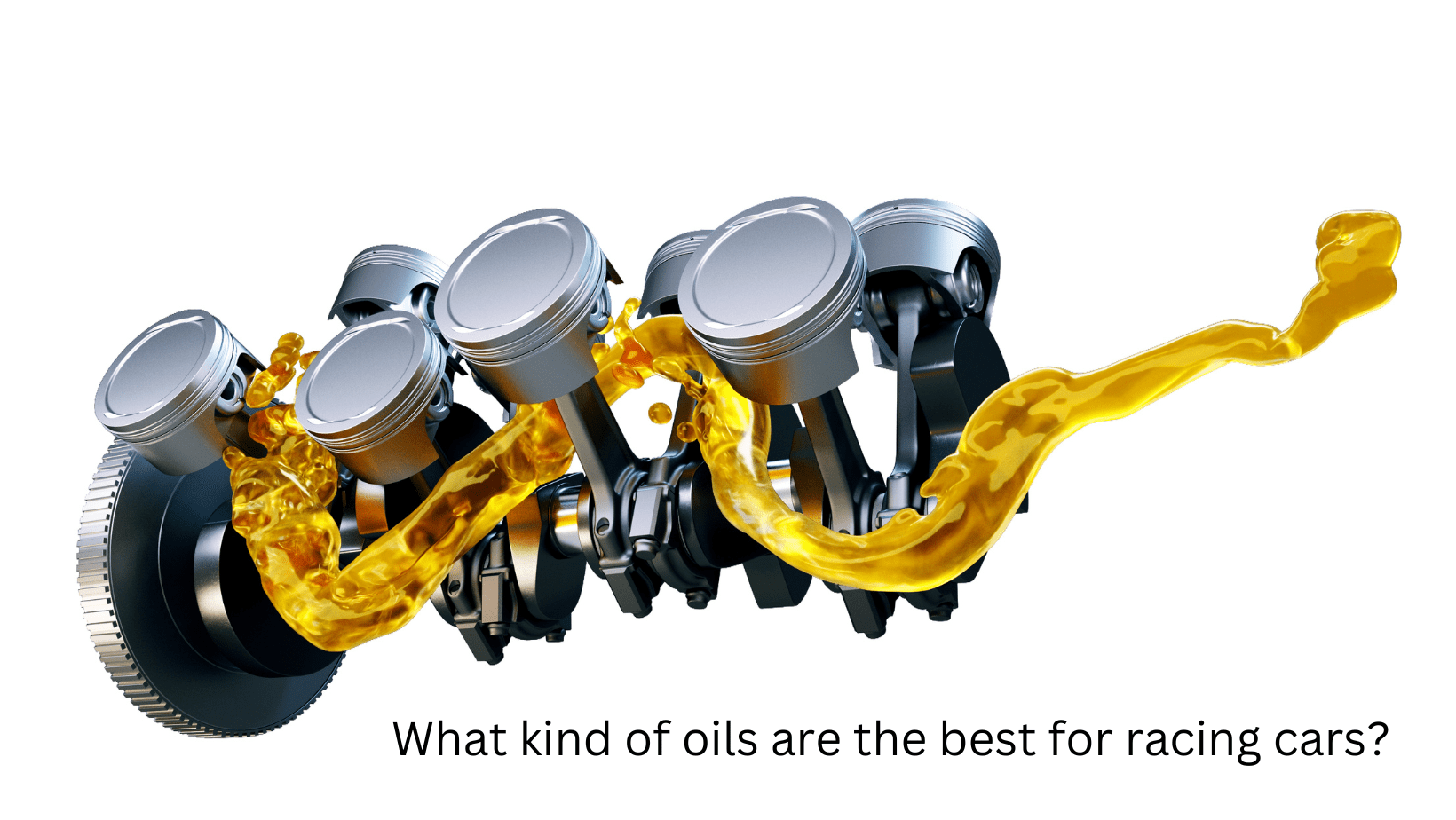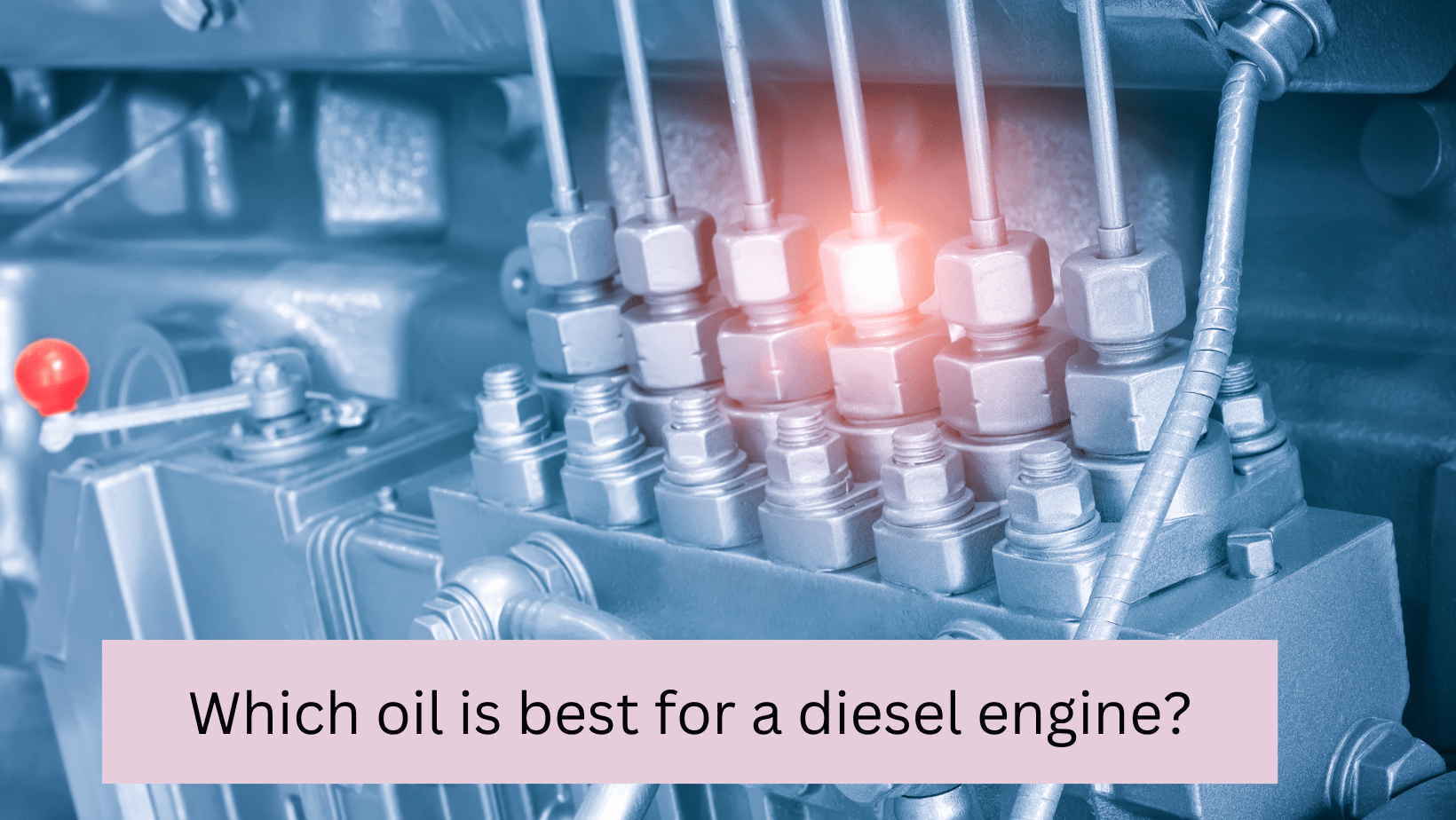Why Regular Oil Changes are Essential
Regular oil changes are a fundamental aspect of vehicle maintenance, crucial for prolonging engine life, enhancing fuel efficiency, and boosting overall performance. The process involves draining old, used engine oil and replacing it with fresh, clean oil, along with a new oil filter. Neglecting regular oil changes can lead to decreased engine performance and, ultimately, costly repairs. Read on and gain knowladge about basics of oil changes!
Key Takeaways:
| Key Aspect | Description |
|---|---|
| Importance of Regular Changes | Extends engine life, enhances fuel efficiency, boosts performance |
| When to Change | Based on age, wear, driving habits, car age, and oil type |
| Types of Oil Changes | Conventional, synthetic blend, full synthetic |
| DIY vs Professional Service | Consider expertise, time, tools, and environmental disposal |
| Specific Vehicle Requirements | Tailored recommendations for vehicles like 2012 Jeep Wrangler |
When to Change Your Oil
The timing for oil changes can vary based on several factors: the type of oil used, your vehicle’s age, your driving habits, and environmental conditions. Traditional guidelines suggest every 5,000 miles or six months for conventional oil changes, but these intervals may differ for synthetic blends and full synthetic oils. Regularly checking your oil level and color can help you determine the right time for a change. For more details, read our article on When to Change Your Oil.
Types of Oil Changes
Understanding the different types of oil changes is vital for making informed decisions:
- Conventional Oil Change: Ideal for most vehicles, recommended every 5,000 miles or six months.
- Synthetic Blend Oil Change: A mixture of conventional and synthetic oils, offering a balance between cost and performance.
- Full Synthetic Oil Change: Best for high-performance vehicles, providing superior engine protection and longer intervals between changes. Learn more about oil types in our Definitive Guide to Choosing the Right Oil Type for Your 2012 Jeep Wrangler.
Popular Oil Brands and Their Best Uses
| Brand | Type | Best Used For | More Information |
|---|---|---|---|
| Mobil 1 | Full Synthetic | High-performance engines, extreme temperatures | Mobil 1 for Performance Cars |
| Castrol | Synthetic Blend | General use, mixed driving conditions | Castrol’s Versatility |
| Valvoline | Conventional | Older models, less demanding driving conditions | Valvoline for Older Models |
| Royal Purple | Full Synthetic | Sports cars, high-tech engines | Royal Purple for High-Tech Engines |
| Pennzoil | Synthetic Blend | Everyday driving, fuel efficiency | Pennzoil for Daily Use |
DIY Oil Change vs Professional Service
While changing your oil at home can be cost-effective, it requires specific tools, knowledge, and time. Additionally, environmental regulations dictate proper disposal of used oil and filters. For those less experienced, professional service from a reputable and honest mechanic, like those at 5th Gear Automotive, ensures high standards and quality fitment. Discover the importance of professional oil changes in our article on Oil and Lubrication Upgrades.

Tailoring Oil Changes to Your Vehicle
Different vehicles have unique requirements for oil types and change intervals. For example, a 2012 Jeep Wrangler may have specific recommendations that differ from a 2020 Ram 1500 5.7 Hemi. Consulting your vehicle’s manual or a professional mechanic can provide clarity on the best oil type and change frequency for your specific model. Explore specific recommendations for different models in our articles on 2020 Ram 1500 5.7 Hemi Recommended Oil and Best Oil for Honda Accord.
Conclusion
Understanding the basics of oil changes is crucial for maintaining your vehicle’s health and performance. Regular oil changes, tailored to your vehicle’s specific needs and using the appropriate oil type, ensure longevity and efficiency. Always consider professional services for expert care and advice.






